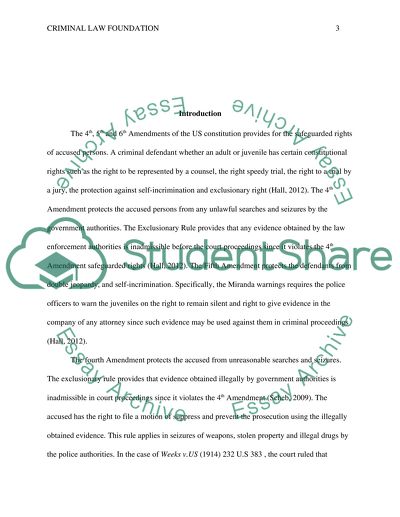Cite this document
(“Criminal law foundation Essay Example | Topics and Well Written Essays - 1500 words”, n.d.)
Criminal law foundation Essay Example | Topics and Well Written Essays - 1500 words. Retrieved from https://studentshare.org/law/1459643-criminal-law-foundation
Criminal law foundation Essay Example | Topics and Well Written Essays - 1500 words. Retrieved from https://studentshare.org/law/1459643-criminal-law-foundation
(Criminal Law Foundation Essay Example | Topics and Well Written Essays - 1500 Words)
Criminal Law Foundation Essay Example | Topics and Well Written Essays - 1500 Words. https://studentshare.org/law/1459643-criminal-law-foundation.
Criminal Law Foundation Essay Example | Topics and Well Written Essays - 1500 Words. https://studentshare.org/law/1459643-criminal-law-foundation.
“Criminal Law Foundation Essay Example | Topics and Well Written Essays - 1500 Words”, n.d. https://studentshare.org/law/1459643-criminal-law-foundation.


